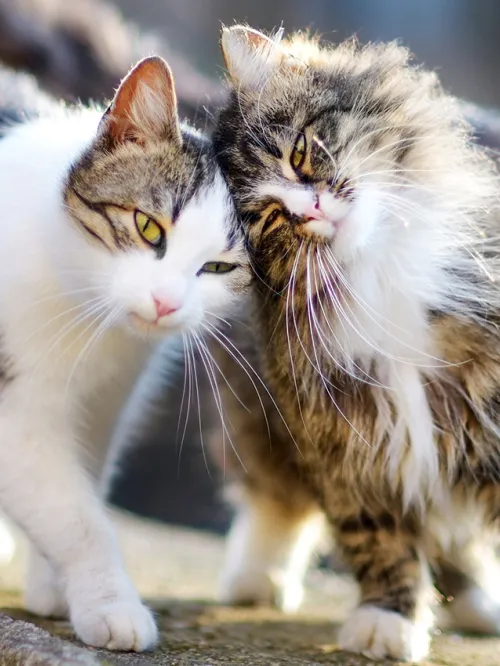At Humane World for Animals, we believe that knowledge is the key to better lives for pets, wildlife and the people who care for them. Our expert-curated Animal Care Resources library provides trusted, science-backed guidance on pet adoption, health, behavior, and humane solutions for coexisting with wildlife.
We've compiled these resources to help you make informed, compassionate decisions—whether you’re welcoming a new pet, navigating behavior challenges or seeking humane ways to manage wildlife conflicts.
Animal Care Resources
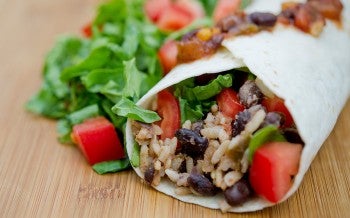
Plant-based meals fight climate change, heart disease, cancer and antibiotic resistance. Plus, they make a more compassionate world for animals.
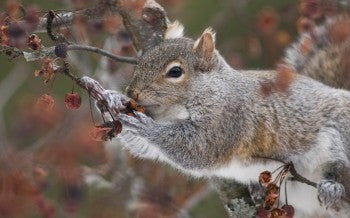
Here are 13 ways you can turn your backyard into a habitat that supports wildlife.
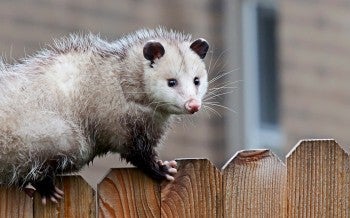
Opossums are gentle neighbors, rarely dangerous, and often not even responsible for messes they get blamed for. Here's what to do if you have one in a crawlspace.

Most snakes are not a threat to either people or pets, so identify the troublemakers to learn what to do if you find any in your yard or home and need to humanely remove them.
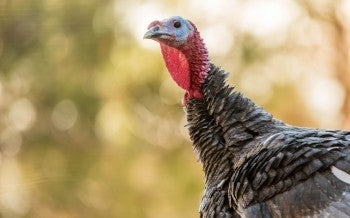
Too many turkeys in your yard or garden? Find easy, effective and humane ways to move them along off your property.

Starlings are cavity-nesting birds and will use attics, vents, and ducts in homes to build nests for their eggs and to raise their young.
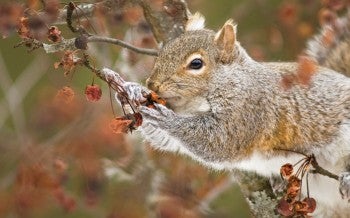
Squirrels are smart and athletic, which might make them an annoyance. Here’s how to handle squirrel conflicts with kindness when they get in your house.
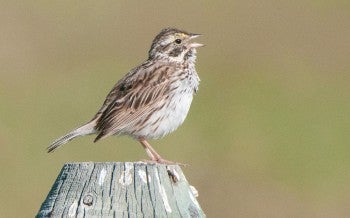
Of all sparrows, the non-native house sparrow is most often in conflict with humans because the birds are so good at adapting to our buildings and nesting in crevices.
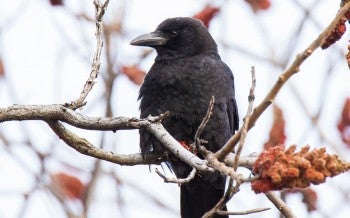
Crows can get in the trash and compost. These smart black birds are now common residents of cities and towns, but relocation is more effective and humane than poison.
Keep me up to date!
I want to know the latest news and the quick, simple actions I can take to help animals each week.
Anna/Adobe Stock photo
